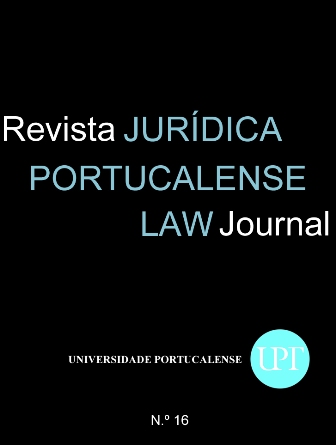O princípio da proibição do retrocesso social como categoria autónoma no direito constitucional brasileiro? Conceito, fundamentação e alcance normativo frente à atual dogmática dos direitos fundamentais
Résumé
O princípio da proibição do retrocesso social, como forjado no direito comparado, reporta-se, essencialmente, à aplicação dos clássicos mecanismos de limites e restrições dos direitos fundamentais ao ambito específico dos direitos sociais, como resposta à crise do Estado de bem-estar social, verificado no contexto europeu, em especial alemão. Sua funcionalidade pragmática é, neste sentido, relativizada frente à dogmática jurídico-constitucional brasileira que, do ponto de vista jurídico-metodológico, não retirou o qualificativo de fundamentais aos direitos sociais, não obstante seja juridicamente possível atribuí-lo novas perspetivas de funcionalidade no âmbito de constituições do tipo dirigente.Téléchargements
Publiée
2014-09-29
Comment citer
Fuhrmann, I. R. (2014). O princípio da proibição do retrocesso social como categoria autónoma no direito constitucional brasileiro? Conceito, fundamentação e alcance normativo frente à atual dogmática dos direitos fundamentais. Revista Jurídica Portucalense, (16), 45–81. Consulté à l’adresse https://revistas.rcaap.pt/juridica/article/view/3717
Numéro
Rubrique
RECHERCHE SCIENTIFIQUE
Licence
Authors who published in the journal agree to the following terms:
- The Authors grant the Journal the right of first publication, and other non-exclusive publishing rights, licensed under the Creative Commons Attribution License which allows the sharing of work with recognition of its initial publication in this journal.
- Authors are able to take on additional contracts separately, non-exclusive distribution of the version of the paper published in this journal (ex .: publish in an institutional repository or as a chapter in a book), with an acknowledgement of its initial publication in this journal.
- Authors are permitted and encouraged to post and distribute their work online (eg .: in institutional repositories or on their website) at any point before or during the submission process, as it can lead to productive exchanges, as well as increase the impact and the citation of published work (See The Effect of Open Access).
RJP does not apply submission, publication or any other fees of any nature. Its articles are open access, with the goal of disseminating scientific knowledge and the debate of legal topics in the area of Legal Sciences.






